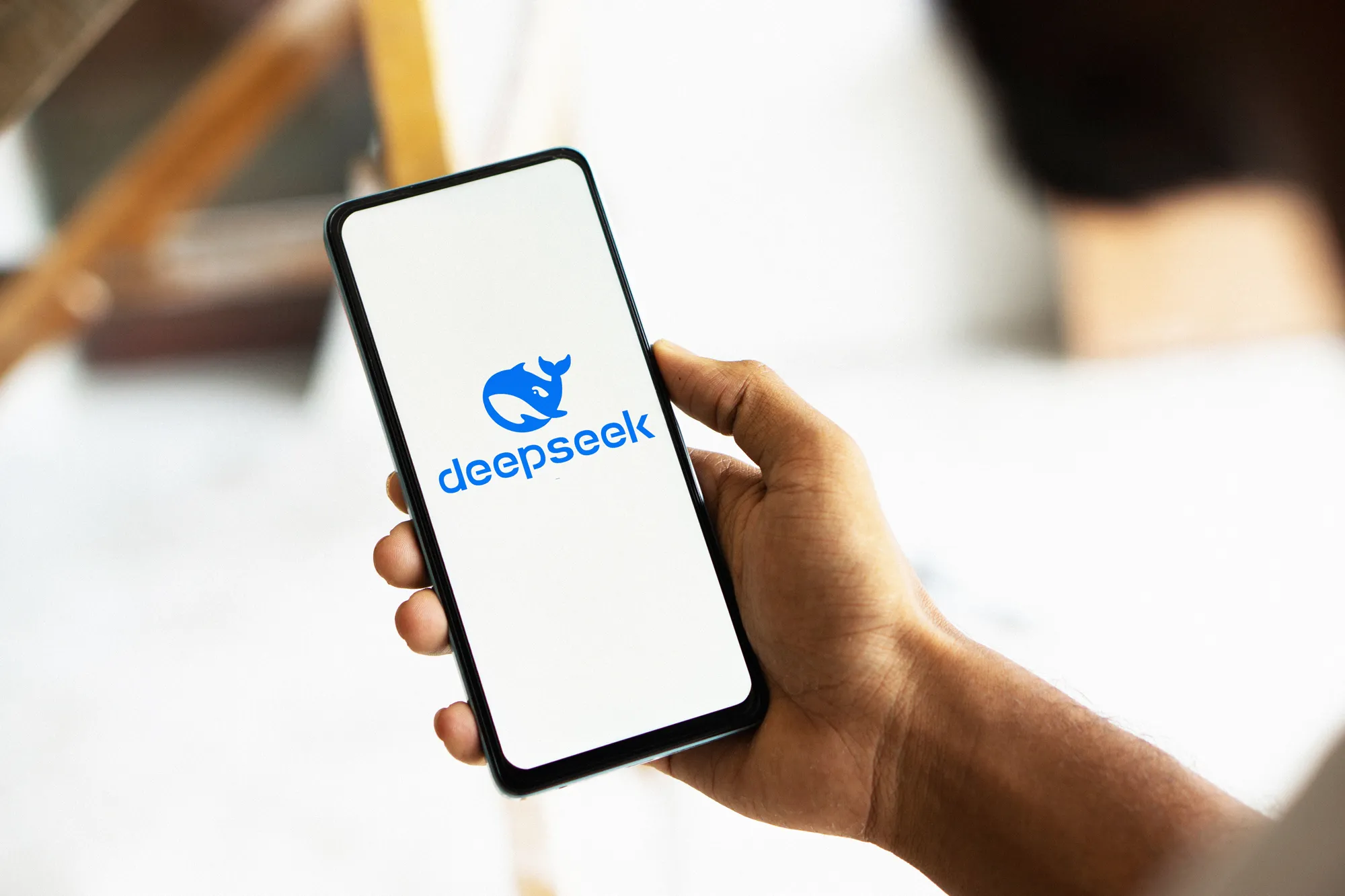Richard Whittle gets funding from the ESRC, Research England and was the recipient of a CAPE Fellowship.
Stuart Mills does not work for, consult, own shares in or receive funding from any company or organisation that would take advantage of this short article, and has divulged no pertinent affiliations beyond their academic visit.

Partners
University of Salford and University of Leeds supply funding as establishing partners of The Conversation UK.
View all partners
Before January 27 2025, it's reasonable to state that Chinese tech company DeepSeek was flying under the radar. And after that it came drastically into view.
Suddenly, everybody was speaking about it - not least the investors and executives at US tech companies like Nvidia, Microsoft and Google, which all saw their business values topple thanks to the success of this AI startup research study laboratory.
Founded by an effective Chinese hedge fund manager, the laboratory has actually taken a various method to synthetic intelligence. Among the significant distinctions is cost.
The advancement costs for Open AI's ChatGPT-4 were said to be in excess of US$ 100 million (₤ 81 million). DeepSeek's R1 design - which is utilized to generate material, solve logic issues and produce computer code - was apparently made using much less, less effective computer system chips than the similarity GPT-4, resulting in costs declared (but unverified) to be as low as US$ 6 million.
This has both monetary and geopolitical results. China goes through US sanctions on importing the most sophisticated computer chips. But the truth that a Chinese startup has actually had the ability to construct such an innovative design raises concerns about the effectiveness of these sanctions, and whether Chinese innovators can work around them.
The timing of DeepSeek's brand-new release on January 20, as Donald Trump was being sworn in as president, signified an obstacle to US supremacy in AI. Trump responded by explaining the moment as a "wake-up call".
From a monetary perspective, the most visible effect might be on consumers. Unlike competitors such as OpenAI, which just recently started charging US$ 200 monthly for access to their premium designs, DeepSeek's comparable tools are currently totally free. They are likewise "open source", enabling anyone to poke around in the code and reconfigure things as they wish.
Low expenses of advancement and efficient usage of hardware appear to have paid for DeepSeek this cost benefit, and have currently forced some Chinese rivals to reduce their prices. Consumers ought to prepare for lower expenses from other AI services too.
Artificial investment
Longer term - which, in the AI industry, can still be incredibly quickly - the success of DeepSeek might have a huge effect on AI financial investment.
This is due to the fact that up until now, almost all of the huge AI business - OpenAI, Meta, Google - have been struggling to commercialise their designs and pay.

Previously, this was not necessarily a problem. Companies like Twitter and Uber went years without making revenues, prioritising a commanding market share (great deals of users) instead.
And business like OpenAI have been doing the same. In exchange for constant financial investment from hedge funds and other organisations, they assure to develop a lot more powerful designs.

These designs, the service pitch probably goes, will enormously enhance efficiency and after that success for companies, which will wind up delighted to spend for AI items. In the mean time, all the tech business require to do is gather more information, purchase more powerful chips (and more of them), and establish their designs for longer.
But this costs a great deal of cash.
Nvidia's Blackwell chip - the world's most effective AI chip to date - expenses around US$ 40,000 per system, and AI business typically need 10s of countless them. But up to now, AI companies haven't actually struggled to attract the needed investment, even if the amounts are huge.
%20Is%20Used%20In%20Biometrics.jpg)
DeepSeek might alter all this.
By showing that developments with existing (and perhaps less advanced) hardware can attain comparable performance, it has actually given a caution that tossing cash at AI is not guaranteed to pay off.
For instance, prior to January 20, it might have been presumed that the most innovative AI designs require enormous data centres and other infrastructure. This meant the likes of Google, Microsoft and OpenAI would face limited competitors due to the fact that of the high barriers (the huge cost) to enter this industry.

Money concerns
But if those barriers to entry are much lower than everybody thinks - as DeepSeek's success suggests - then many enormous AI investments all of a sudden look a lot riskier. Hence the abrupt impact on big tech share costs.
Shares in chipmaker Nvidia fell by around 17% and ASML, which produces the makers required to produce innovative chips, likewise saw its share rate fall. (While there has actually been a slight bounceback in Nvidia's stock price, it appears to have settled listed below its previous highs, grandtribunal.org showing a brand-new market reality.)
Nvidia and ASML are "pick-and-shovel" companies that make the tools necessary to produce a product, smfsimple.com rather than the item itself. (The term originates from the idea that in a goldrush, the only person guaranteed to earn money is the one offering the choices and shovels.)
The "shovels" they sell are chips and chip-making equipment. The fall in their share costs originated from the sense that if DeepSeek's more affordable technique works, the billions of dollars of future sales that financiers have actually priced into these business may not materialise.
For the similarity Microsoft, Google and Meta (OpenAI is not publicly traded), the expense of structure advanced AI might now have actually fallen, implying these firms will need to spend less to stay competitive. That, for them, could be a good thing.
But there is now doubt regarding whether these companies can effectively monetise their AI programmes.

US stocks comprise a historically large percentage of global investment today, and technology companies comprise a traditionally large portion of the value of the US stock exchange. Losses in this industry may require investors to sell other financial investments to cover their losses in tech, resulting in a whole-market recession.
And it shouldn't have come as a surprise. In 2023, a leaked Google memo alerted that the AI market was exposed to outsider disturbance. The memo argued that AI business "had no moat" - no protection - versus rival models. DeepSeek's success may be the proof that this holds true.








